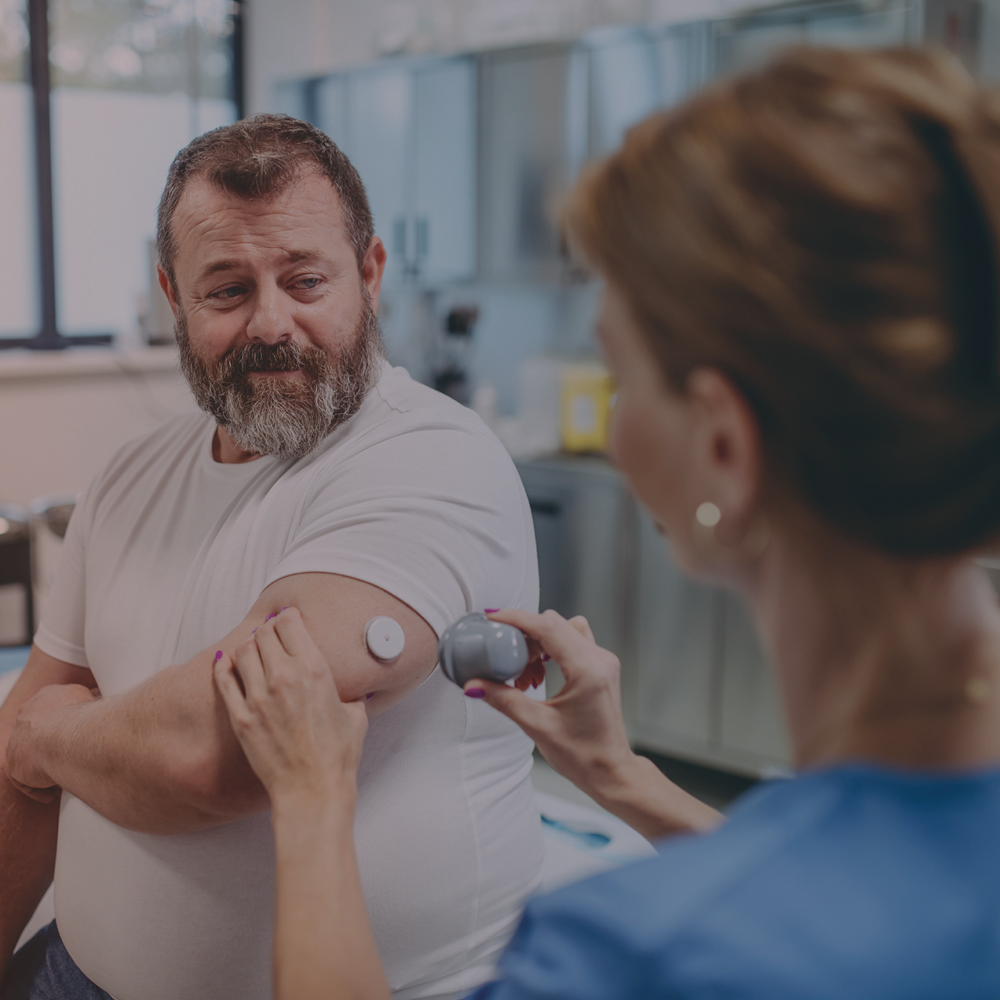Excessive sweating
Faintness headache
Pounding of heart
Impaired vision
Trembling
Hunger
Disorientation
Appearance of drunkenness
Give sugar (or foods, containing sugar; candies, juice etc)
Do not give food or fluid if patient is not conscious
Do not give insulin
Give glucagon if loss of consciousness
Call doctor
To much insulin or oral medication
Not eating enough food
Unusual amount of exercise
Delayed meals
Alcohol on an empty stomach
Increased thirst and urination
Large amount of sugar in blood and ketones in urine weakness
Abdominal pains
Generalized aches
Loss of appetite
Nausea and vomiting
Heavy labored breathing
Disorientation
Call the doctor
Give patients fluids without sugar if able to swallow
(if approved by treating medical team, only if needed- give insulin)
Continue usual blood glucose/ blood sugar and urine test
Too little insulin or oral medication
Failure to follow diet
Infection
Fever
Emotional stress
Too little insulin or oral medication
Failure to follow diet
Infection
Fever
Emotional stress
Self-blood glucose monitoring is a valuable tool in determining high or low blood sugar levels. For information on blood monitoring call your doctor or the Nevada Diabetes Association 800-379-3839.

The Nevada Diabetes Association has spent over 30 years redefining the diabetes experience, empowering individuals through inclusive programs, education, and support to help them lead healthier, longer lives.
Copyright 2025. All Rights Reserved. Site by Design On Edge
Copyright 2025. All Rights Reserved. Site by Design On Edge
The Nevada Diabetes Association has spent over 30 years redefining the diabetes experience, empowering individuals through inclusive programs, education, and support to help them lead healthier, longer lives.
Copyright 2025. All Rights Reserved. Site by Design On Edge
The Nevada Diabetes Association has spent over 30 years redefining the diabetes experience, empowering individuals through inclusive programs, education, and support to help them lead healthier, longer lives.